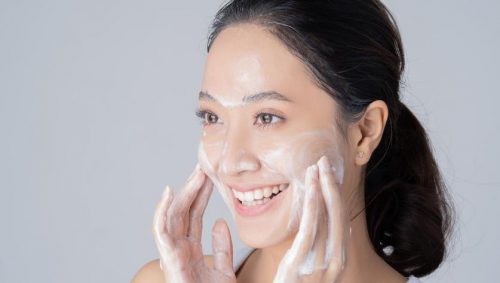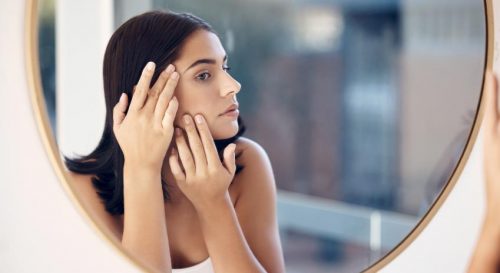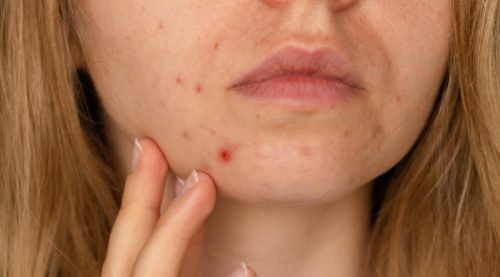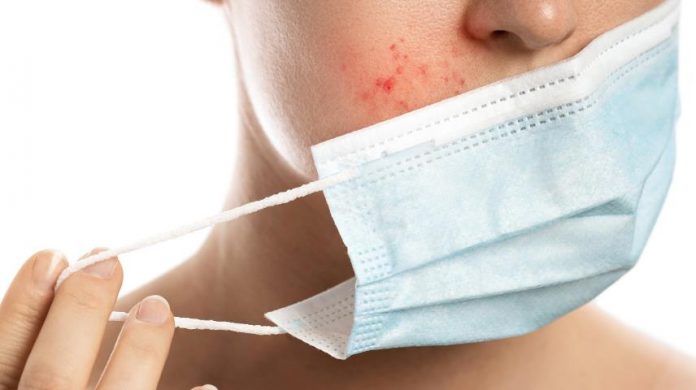Table of Contents
Acne, a skin condition that affects millions of people worldwide, can be a distressing experience for anyone, regardless of age or gender. The frequent breakouts, accompanied by inflammation and redness, can affect your self-confidence and well-being. Thankfully, with the right care, routine, and the help of a professional managing acne can become a more manageable task. Here are some effective tips and techniques to help you on your journey to clearer skin.
Understand Your Skin Type
Before diving into the various acne management strategies, it’s crucial to understand your skin type. Generally, skin can be classified into five types: normal, dry, oily, combination, and sensitive. A London Dermatologist can help identify your skin type and suggest appropriate skincare products and routines. Remember, what works for oily skin may not work for dry skin, and vice versa.
Daily Skincare Routine
Once you’ve identified your skin type, establishing a daily skincare routine is essential. This should typically include:
1. Cleansing
 Cleanse your skin twice a day with a gentle, non-drying cleanser to remove dirt, oil, and makeup. Overwashing can strip the skin of its natural oils and trigger increased oil production, leading to more breakouts.
Cleanse your skin twice a day with a gentle, non-drying cleanser to remove dirt, oil, and makeup. Overwashing can strip the skin of its natural oils and trigger increased oil production, leading to more breakouts.
2. Toning
Using a toner can restore the pH balance of your skin and prepare it for the following steps in your routine. Look for alcohol-free toners with skin-soothing ingredients.
3. Moisturising
Even if you have oily skin, don’t skip moisturiser. Opt for an oil-free moisturiser that won’t clog your pores.
4. Sun Protection
Applying a broad-spectrum sunscreen is crucial, as some acne treatments can make your skin more sensitive to the sun.
Diet and Lifestyle Changes
Your lifestyle choices and diet can play a significant role in managing acne breakouts.
1. Maintain a Balanced Diet
 Research suggests that foods with a high glycaemic index (GI) might worsen acne. Instead, opt for a diet rich in vegetables, fruits, lean proteins, and whole grains.
Research suggests that foods with a high glycaemic index (GI) might worsen acne. Instead, opt for a diet rich in vegetables, fruits, lean proteins, and whole grains.
2. Stay Hydrated
Drink plenty of water to flush out toxins from your body and keep your skin hydrated.
3. Exercise Regularly
Regular and inhale and exhale breathing exercises can also reduce stress and boost your mood, indirectly helping manage acne. Don’t forget to shower after exercise to wash away sweat and prevent clogged pores.
Over-the-Counter Treatments
Numerous over-the-counter (OTC) treatments are available for managing acne, and many contain potent active ingredients like salicylic acid, benzoyl peroxide, and retinoids. These can help in reducing inflammation and fighting the bacteria causing acne. However, it’s wise to seek advice from a professional before starting any new treatment.
When to Seek Professional Help?
If you’ve tried the above tips and over-the-counter products with no success, or if your acne is causing you distress, it might be time to seek help from a professional.
 A dermatologist can provide a comprehensive evaluation of your skin, helping you understand the root cause of your acne, whether it be hormonal, due to certain medications, or other underlying health conditions. Based on this, they can recommend effective treatments, such as prescription topical treatments, oral medications, or advanced therapies like light or laser treatment.
A dermatologist can provide a comprehensive evaluation of your skin, helping you understand the root cause of your acne, whether it be hormonal, due to certain medications, or other underlying health conditions. Based on this, they can recommend effective treatments, such as prescription topical treatments, oral medications, or advanced therapies like light or laser treatment.
Embrace the Power of Nature
Apart from pharmaceutical treatments, Mother Nature also offers us a plethora of ingredients known for their skin benefits. Ingredients like tea tree oil, witch hazel, green tea, and aloe vera have been touted for their acne-fighting abilities. For instance, tea tree oil possesses anti-inflammatory and antimicrobial properties that can calm redness, swelling, and inflammation.
On the other hand, aloe vera, with its soothing and moisturising effects, can help alleviate skin irritation caused by acne. Before trying any natural remedies, it’s wise to do a patch test or consult with a skincare professional to ensure it’s suitable for your skin type.
Mental Health and Acne
Lastly, but importantly, it’s crucial to acknowledge the psychological impact of acne. Acne, especially when severe, can lead to feelings of embarrassment, frustration and can adversely affect one’s self-esteem. It’s not uncommon for people struggling with acne to experience stress, anxiety or depression.
 Therefore, mental health management is an essential aspect of dealing with acne. Simple practices like meditation, yoga, or talking to a counsellor can be beneficial. Remember, it’s perfectly okay to seek help not only for your skin but also for your mental well-being. Together with the help of a mental health professional and a dermatologist, you can tackle the physical and emotional challenges posed by acne.
Therefore, mental health management is an essential aspect of dealing with acne. Simple practices like meditation, yoga, or talking to a counsellor can be beneficial. Remember, it’s perfectly okay to seek help not only for your skin but also for your mental well-being. Together with the help of a mental health professional and a dermatologist, you can tackle the physical and emotional challenges posed by acne.
Final Thoughts
Remember, managing acne is not about achieving overnight miracles. Patience is key, as most acne treatments require six to eight weeks before showing visible improvements. Be gentle with your skin, avoid picking or popping your pimples, maintain a healthy lifestyle, and most importantly, don’t let acne undermine your self-esteem.
Acne breakouts can indeed be challenging, but armed with these tips, the right skincare routine, and professional advice from a dermatologist, you can effectively manage your skin health and navigate your way to clearer skin.






































